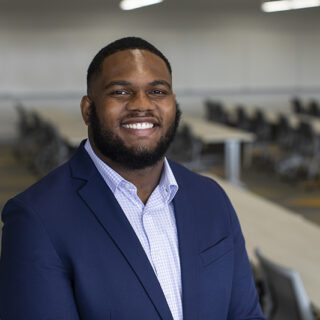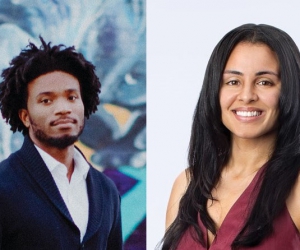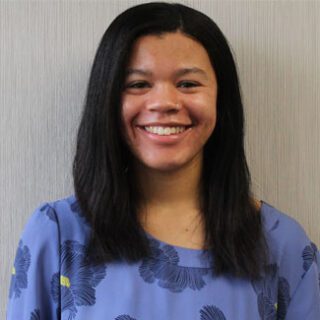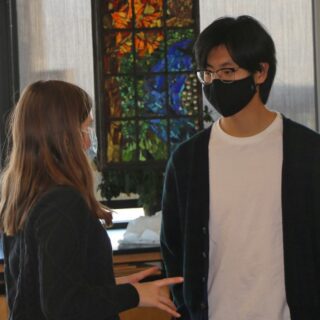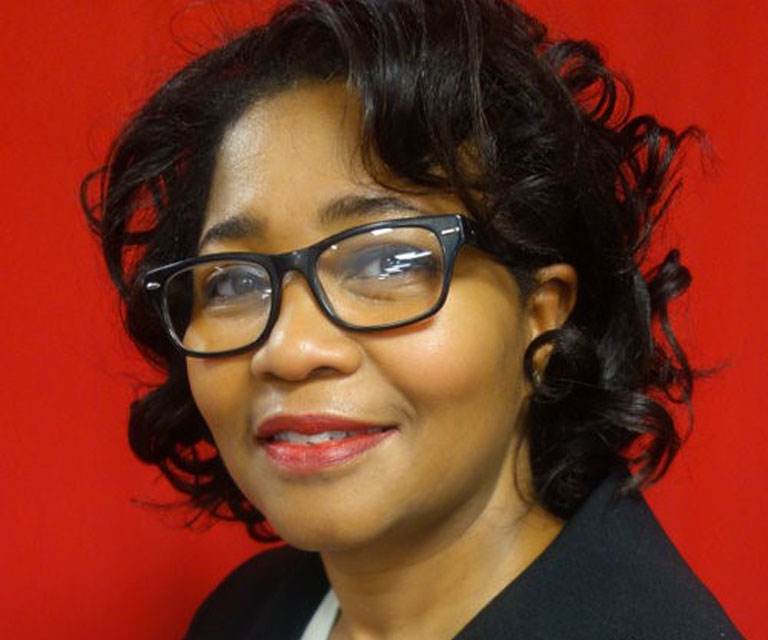
Equity and Justice Scholar Seeks to Support Underrepresented Students
As a West Philadelphian, first-generation college student, Robin-Renee Allbritton embodies Pitt Education’s mission-vision to disrupt and transform inequitable educational structures. From her work in advising underrepresented first-generation college students to her research about success mechanisms for first-generation, African American, and Latinx college students, Allbritton brings years of skill and passion to Pitt Education’s Center for Urban Education. Her quotes have been edited for length and clarity.
Tell us about your background before coming to Pitt Education.
Allbritton: I was born, raised and educated entirely in West Philadelphia from pre-school to college. As a traditional, first-generation student, I earned a Bachelor of Arts from the University of Pennsylvania, College of Arts and Sciences, where I majored in sociology and minored in biology. Professionally, I had the pleasure of advising underrepresented first-generation college preparatory and undergraduate students for two decades. Subsequently, I matriculated to Temple University where I completed an MEd in Urban Education with a concentration in federal policy and a MEd in Higher Education Administration with a concentration in access and equity.
What drew you to your current program?
Allbritton: I wanted to transfer into the School of Education at the University of Pittsburgh because of its mission-vision to “disrupt and transform inequitable educational structures,” and its commitment to create nationally competitive research scholars. The Urban Education faculty’s collective focus on academic access and equity for racially marginalized populations aligns directly with my work with underserved and underrepresented cohorts in post-secondary institutions.
How are you getting involved in the Pitt School of Education?
Allbritton: I am involved in a student research cohort for the Higher Education and Anti-Racism (H.E.A.R.) initiative where the collective investigates institutional anti-racism. Under the leadership of my advisor, T. Dancy Elon, SOE Associate Dean and CUE Executive Director, the goal of the HEAR initiative is to “develop research and teaching strategies that will create and sustain a pipeline of justice-minded activists, researchers, educators, and policymakers.”
What are your future goals?
Allbritton: Along with my intention to become a tenured professor, I aim for a career in education research where I can explore success mechanisms for first-generation, African American, and Latinx college students. My specific area of interest in Black male resistance and resilience within higher education institutions. I was inspired by the book “The Brother Code: Manhood and Masculinity among African American Males in College,” where T. Elon Dancy examined college and culture intersectionality.
What upcoming project are you excited about?
Allbritton: I am looking forward to co-hosting the October 22 Lunch and Learn with Visiting Scholar Bryan Brayboy who is a Professor of Indigenous Education at Arizona State University. I am fascinated with the intersections of Tribal Critical Race Theory and Critical Race Theory.
What is an interesting fact about yourself?
Allbritton: I am a Board member for the Hope Center for College, Community and Justice that addresses the basic needs of college students such as food, housing, transportation and child care. The mission of the Hope Center is to decrease debt and increase college completion.

